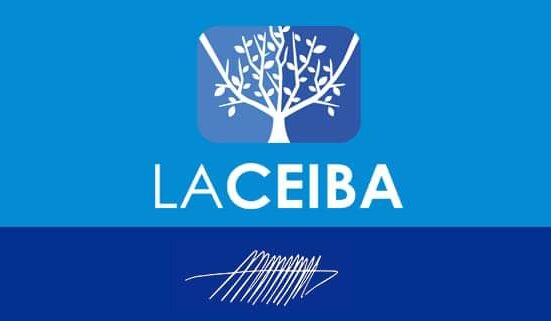In the intricate web of global economics, the dynamics of debt and trade agreements often weave a complex tapestry that can have far-reaching implications. A recent Reddit post shed light on a fascinating development that has piqued the interest of many: the European Union emerges as the largest holder of US debt, with a staggering sum of approximately $1.62 trillion invested in US Treasury securities. This revelation comes amidst a backdrop of political posturing, economic tensions, and the delicate balance of power on the world stage.
The original post highlighted a notable shift in the narrative surrounding US debt holders, particularly in relation to recent tariff threats made by former President Donald Trump. The swift reversal of tariffs against Japan and China, coinciding with their actions of divesting US treasuries, raised eyebrows and speculation about the intricate dance of international relations and economic dependencies. Now, as the EU faces the specter of a 50% tariff threat, a new chapter in this saga unfolds, revealing a twist that adds a layer of complexity to the ongoing economic discourse.
Delving into the numbers, the breakdown of the largest holders of US debt paints a revealing picture of the global financial landscape. Alongside the EU’s substantial investment, Japan holds approximately $1.14 trillion, China follows closely behind with around $816 billion, and the United Kingdom, a non-EU member, possesses roughly $679 billion in US Treasury securities. These figures underscore the interconnected nature of the global economy, where nations are not only trading partners but also significant stakeholders in each other’s financial well-being.
The data presented in the post, sourced from Gemini sourcing and the US Treasury, offers a glimpse into the intricate web of international finance and the power dynamics at play. It prompts a deeper reflection on the interplay between economic leverage, political maneuvering, and the delicate balance of power that shapes the modern world. The revelation that the EU holds the largest share of US debt serves as a reminder of the intricate dependencies that underpin the global financial system and the complexities that arise when economic interests intersect with geopolitical agendas.
Beyond the numbers and statistics lies a broader narrative that speaks to the evolving nature of global economics and the shifting sands of power dynamics. The revelation of the EU’s significant stake in US debt invites us to consider the implications of such a relationship on trade negotiations, diplomatic strategies, and the overall stability of the international financial system. It raises questions about leverage, influence, and the potential ripple effects that a change in one player’s position can have on the broader economic landscape.
In the realm of international relations, economic power often translates into political influence, and the EU’s status as the largest holder of US debt underscores its position as a key player in the global arena. As tensions simmer and trade disputes escalate, the intricacies of economic interdependence come to the forefront, highlighting the need for nuanced diplomacy and strategic decision-making to navigate the complexities of the modern world. The EU’s significant investment in US debt not only reflects its economic clout but also underscores the deep ties that bind nations together in an increasingly interconnected world.
As we contemplate the implications of the EU’s status as the largest US debt holder, it is evident that the global economic landscape is a complex and ever-evolving tapestry of interconnected interests and interwoven dependencies. The revelation serves as a reminder of the intricate dance of power and influence that shapes our world, where economic decisions can have far-reaching consequences that extend beyond borders and boundaries. In this era of heightened geopolitical tensions and economic uncertainties, understanding the nuances of international finance and the dynamics of debt ownership is crucial in navigating the turbulent waters of the global economy.
In conclusion, the revelation that the European Union holds the largest share of US debt unveils a fascinating twist in the intricate web of global economics. It illuminates the interconnected nature of the modern financial system, where nations are not only trading partners but also significant stakeholders in each other’s economic well-being. As we reflect on the implications of this revelation, it underscores the need for thoughtful analysis, strategic foresight, and diplomatic finesse in managing the complexities of the international economic landscape. The EU’s position as the largest holder of US debt serves as a poignant reminder of the delicate balance of power that shapes our world and the enduring interplay between economics, politics, and diplomacy on the global stage.









Leave feedback about this